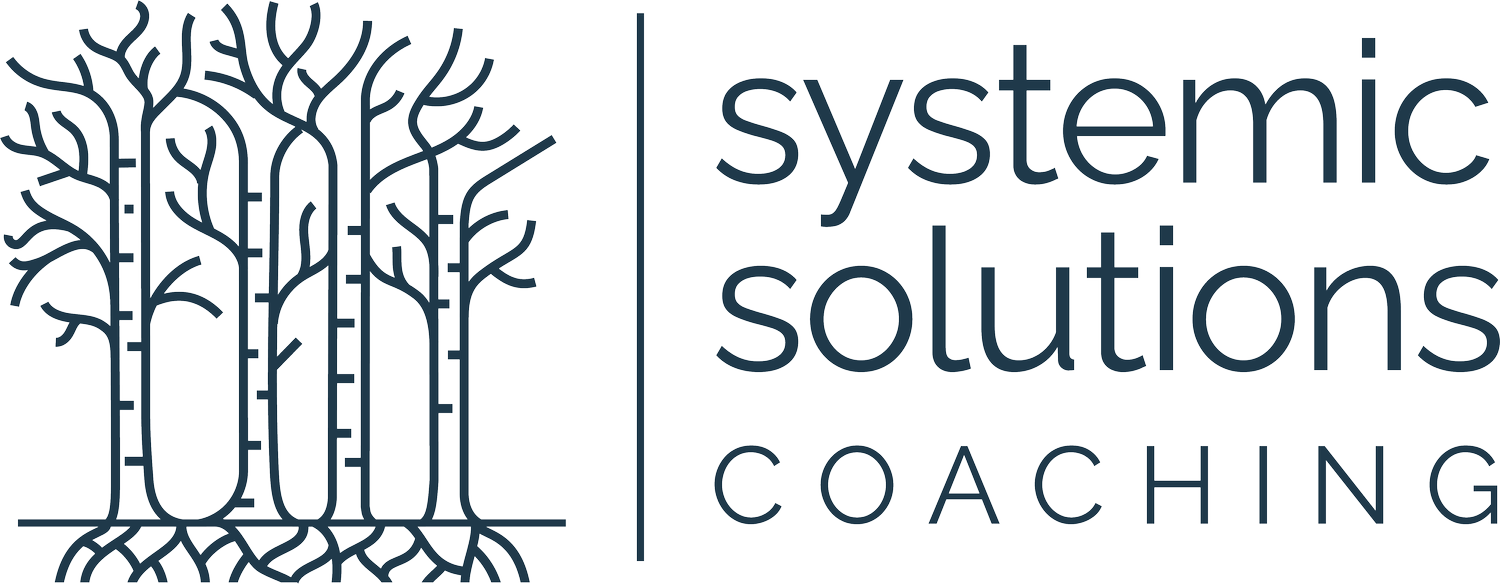From Insight to Integration: Building Family Programming that Actually Changes Lives
When I talk to families who’ve just completed a wilderness therapy experience, they’re often in a rare and powerful place: open, hopeful, and engaged in meaningful change. But when that momentum isn’t carried into the next step—whether a residential treatment center or therapeutic boarding school—progress stalls. Or worse, it reverses.
Too often, families transition into programs where they’re told to be patient, step back, and let the program do its job. The result? Disconnection, confusion, and missed opportunities to support sustainable change.
This isn’t a critique of staff—it’s a systemic issue. Most programs were never designed with robust family integration in mind. But it doesn’t have to stay that way.
The Case for Intentional Family Work
Families are not spectators in the therapeutic process. They are part of the ecosystem that created the current dynamics—and they are essential to sustaining new ones.
Here’s what happens when family programming moves from "supportive" to integrated:
Parents shift from fear and control to clarity and connection.
Siblings feel seen and included, not sidelined.
Discharge planning begins on Day One—not in the final weeks.
Clinicians feel supported, not stuck in a cycle of individual work that doesn’t translate home.
This is the power of systems-based, intentional family work.
What It Looks Like in Practice
Effective family programming isn’t about piling on more therapy hours. It’s about thoughtful structure, clear roles, and shared language. Here’s what that can include:
Family Curriculum: A defined roadmap for growth. Not just education, but application.
Staff Training: Helping every member of your team understand how to engage families, not just clinicians.
Parent Coaching: Practical, real-time support that empowers—not blames—caregivers.
Family Retreats or Intensives: Designed touchpoints that reset dynamics and deepen buy-in.
Post-Discharge Transition Planning: Building tools for the "what next" long before discharge arrives.
One Program’s Shift
I recently worked with a therapeutic boarding school where the team felt stuck. Parents were disengaged. Transition plans felt rushed. Staff were burning out trying to manage both student progress and parent frustration.
We started with an audit—interviews, feedback surveys, and a review of their current materials. Then we mapped out a phased family curriculum, trained mentors in systemic thinking, and launched a virtual coaching group for parents.
The shift was immediate:
Parents started showing up—literally and emotionally.
Clinicians reported fewer regressions and smoother transitions.
Staff turnover dropped.
Most importantly, students began to feel like they weren’t doing the work alone.
Your Program Can Do This Too
You don’t need to build a new department. You just need to commit to a clear, actionable philosophy:
Family change is student change.
That’s a guiding belief behind my work. Whether through curriculum design, leadership consultation, or direct family coaching, I help programs take what’s working and make it stronger—with minimal disruption and maximum clarity.
Let’s Build Something That Lasts
If you're ready to make your family programming a strategic strength instead of a missed opportunity, let's talk. I’d be honored to partner with you.

